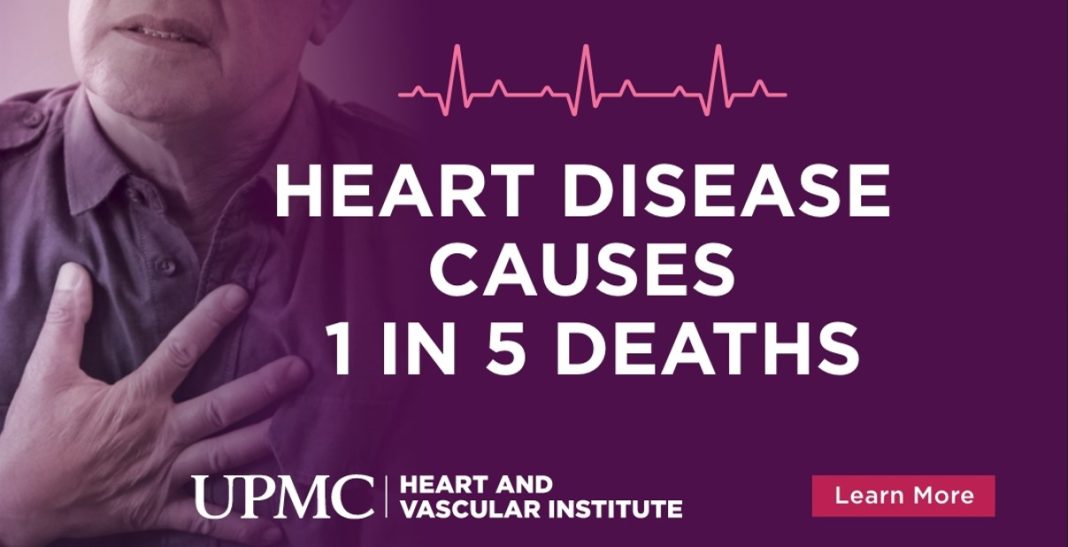UPMC Physician: Health in Hunting

UPMC Primary Care
Nicholas Gorski, D.O.
Preparing for the hunt
It is important to be physically prepared to handle the strenuous activity of hunting because chances are, you’ll be in a remote location and may not have cell phone service. Make sure your body can handle vigorous physical activity. Unfit hunters put themselves at greater risk for falls, injuries or even heart attacks.
Under a physician’s guidance, increasing aerobic fitness can help reduce the aforementioned risk. Start out slowly, build your stamina up and remember it’s never too early to begin your preparation.
Staying healthy in the field
Our actions during the hunt are just as important as our preparation to stay safe and healthy. These tips can ensure that you have a safe and successful hunt:
- Recognize the signs of a heart attack – Time is of the essence and educating yourself can be the difference between life and death. Some of the most common warning symptoms are overall discomfort, pressure or tightness in the chest, pain or discomfort in the arm, shoulder, back, jaw or neck, predominantly on the left side, and excessive sweating or shortness of breath.
- Eat right and hydrate – Dehydration and hunger can have rippling effects on health and condition, ranging from impaired critical thinking to how the body regulates temperature. While it may seem tempting to grab a coffee and donut and head out the door, you’re facing a long day of physical activity and your body will need good energy. A nutritious breakfast paired with healthy snacks and plenty of water will help ensure your body has everything it needs for whatever the day may bring.
- Watch your step – Many hunting accidents involve a fall, either from high up in a tree stand or slipping on a damp, rotting log. Be aware of your surroundings and watch your step.
- Practice safe weapon and tool handling – Using a bow and arrow, knife, tree stand, or gun is inherently risky. Be aware of the hazards of everything you’re using and take the proper measures to avoid potential accidents. Make sure your tools and weapons are properly functioning before heading out, store all firearms safely and unloaded, and inspect all your equipment once you’re in the field to make sure nothing happened during the drive to your hunting location.
- Take or tell a friend – Ideally you shouldn’t hunt alone, but whether hunting alone or in a group, always tell a friend or family member where you’ll be hunting.
- Learn basic first aid – Important first aid that everyone should know includes how to administer hands-only CPR, which consists of chest compressions, should a hunting partner have a heart attack. (https://cpr.heart.org/en/resources/what-is-cpr)
Health benefits of hunting
Though hunting can be a relaxing activity to help clear the mind and get some fresh air, it also requires a lot of physical activity. Whether you hunt using firearms, bows and arrows or traps, you likely are moving more intensely than normal. Hunters may walk long distances in uneven terrain to scout the woods looking for the game of their choice.
The Centers for Disease Control and Prevention recommends that each week, adults should engage in 150 minutes of “moderate-intensity aerobic activity,” such as brisk walking or 75 minutes of “vigorous-intensity aerobic activity” like running. This easily can be achieved through hunting.
Hunting fits into the category of “moderate-intensity aerobic” activity. Hunters are physically on the move, for sometimes days at a time. Hunting requires preparation before and after the season ends. Hunting requires stamina, strength and balance to maneuver through the varied terrain, open traps, and stay silent and still in a tree stand. These hunting tasks require walking, bending, stretching, balancing, pulling and hauling, which are aerobic and anaerobic forms of exercise and can be good for your health if done responsibly.
Nicholas Gorski, D.O. is with UPMC Primary Care and sees patients at UPMC Primary Care Lewisburg, 260 Reitz Blvd., Lewisburg. To schedule an appointment with Dr. Gorski, call 570-567-5450. For more information, visit UPMC.com/PrimaryCareNCPA.






